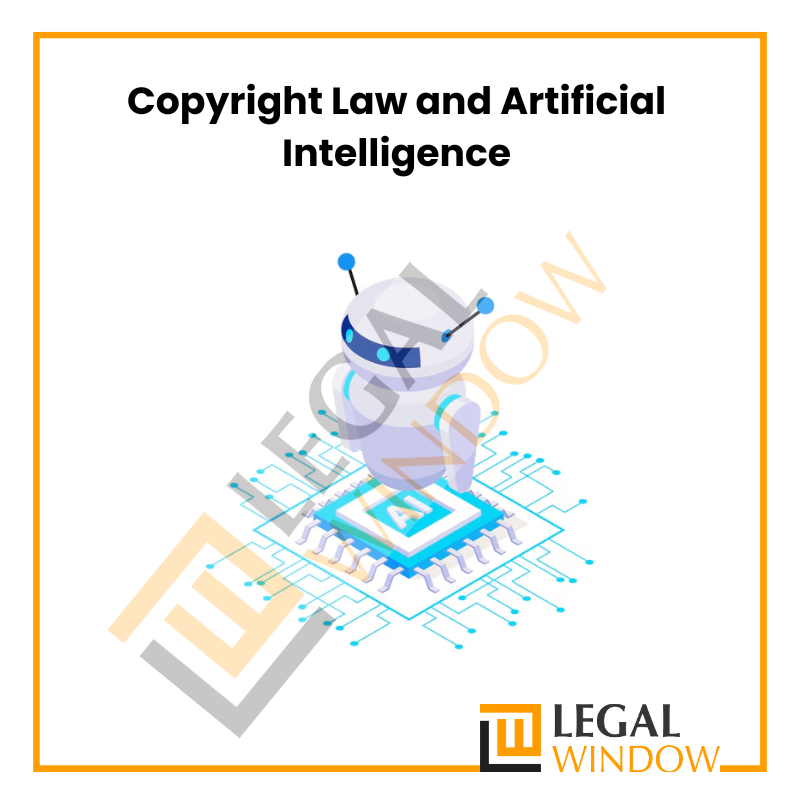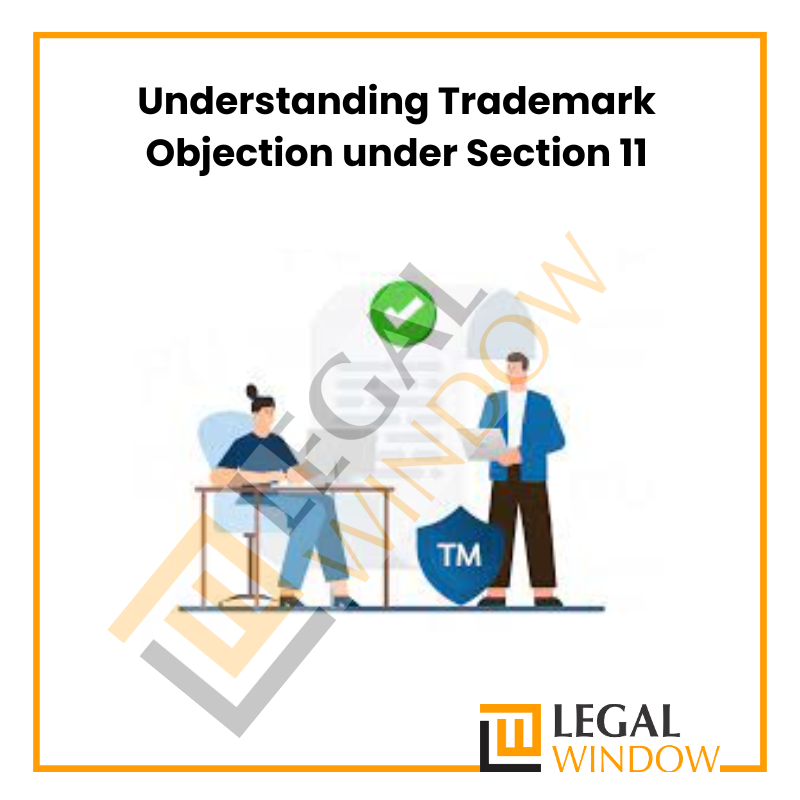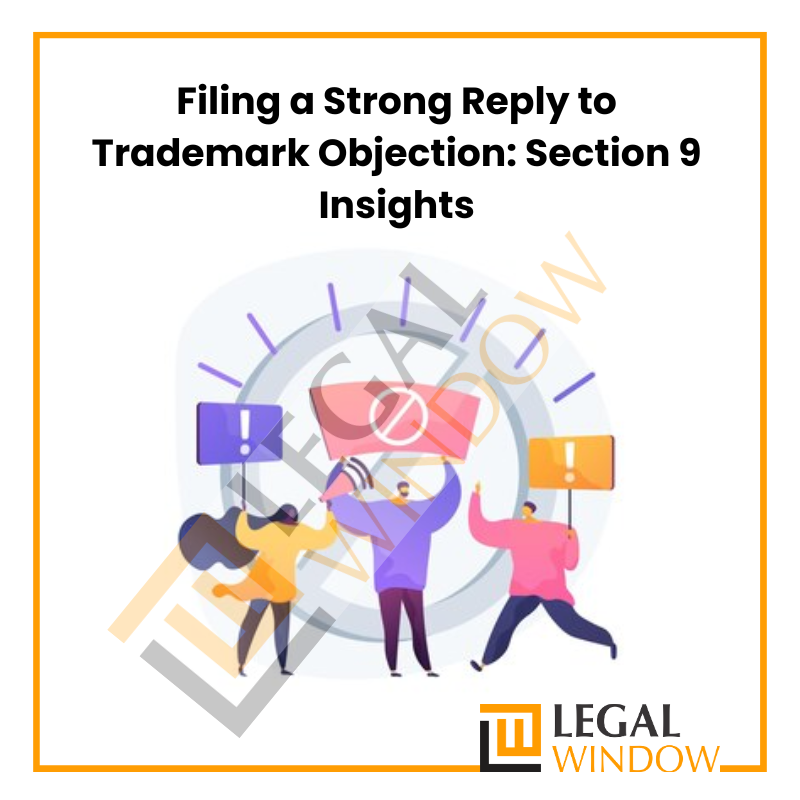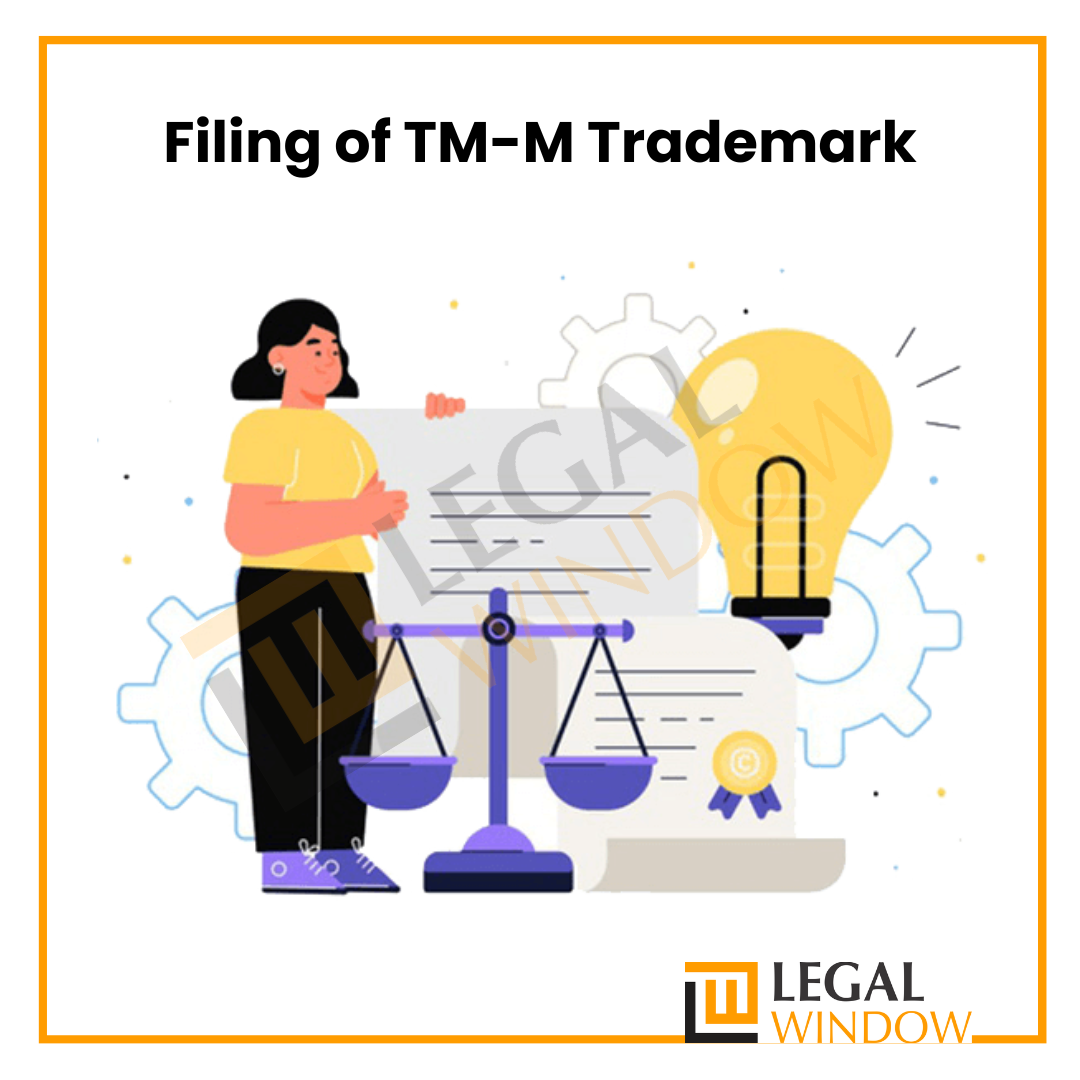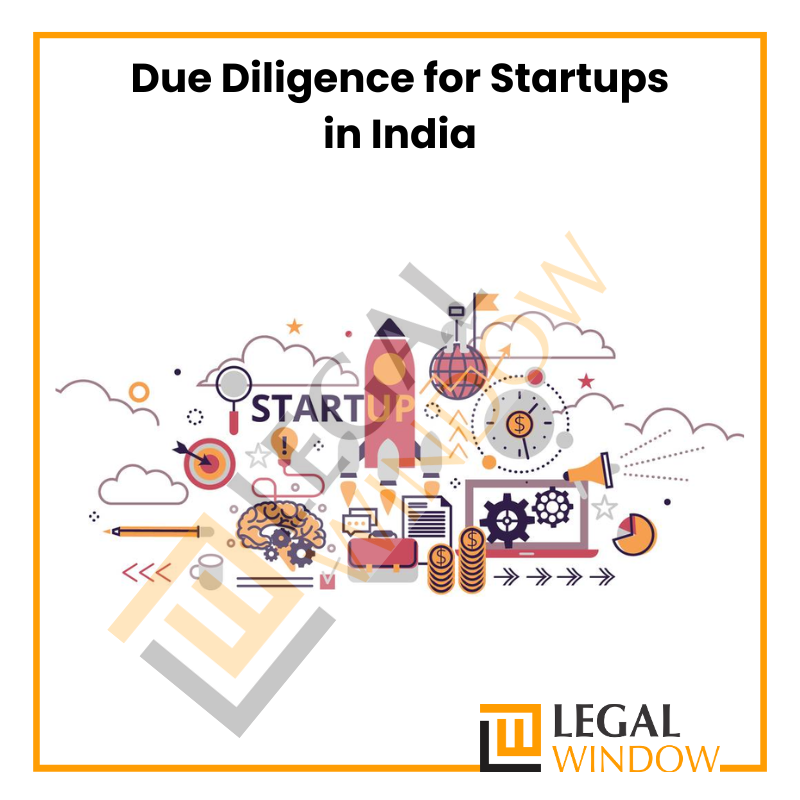Patent Registration
Get Patent Registration starting from ₹15000/-
For protecting your inventions
Avoid Infringement
Simple and Secure Online Process
Dedicated Professional
Hassle-Free Process
Get Registration in 10-15 days
Introduction of Patent Registration
Patent is a right provided to an individual whether natural or artificial by the government through the Patent Act which restricts other persons from using/selling/ importing the patented product or process without prior approval of the inventor.
The Patent becomes permanent when it is registered under the Patent Act, 1970 and which provides an exclusive legal right to the inventor to prohibit others from using a particular invention. The right of protection is given for 20 years and after which said invention comes into the public domain and can be used by others. As per the legal right provided to the patent holder he/she/it can file a case against the person who infringes the patent or misrepresents or misuses the same the said patent.
Legal Window has team of experts providing you the right legal guidance and best assistance, timely delivery and guaranteeing the highest customer satisfaction with respect to securing the Patent .You may get in touch with our team on 072407-51000 or email admin@legalwindow.in for Patent Registration .
Advantages of Patent Registration
Provides exclusive right even at early filing
As soon as application is filed by the inventor i.e. either the Provisional Patent Application, it grants security and surety that no other person shall have a right to claim the same invention, exclusively within 12 months.
So if any other person files the a similar Application it would not be admissible and will be rejected for the filing period.
Authorizes complete freedom of reforms
The patent granted to the inventor offers the complete freedom to use their own ideas for the valid duration for 20 years in India. During the said no other person can use/ sell/ modify the invention without owner's permission and also the inventor has a right to file case against the unauthorized user for using their ideas leading to infringement.
Generating ROI (Return on Investment)
The Patent can also be assigned If the owner feels that his invention is not offering the expected results, and wants to hand it over to any successful or deserving person, he can do so. The patent rights allows to commercialize the invention thereby earning a good return on investments.
Giving a good market status
The patent Act allows the inventor to create a public impression and improving his/her portfolio by bringing the invention in the public domain. Further it also helps in building the reputation in the market along with the good customers relationship which helps in earning profits.
Allows public disclosure
Sharing the information publically not only builds up the inventors portfolio but also increases the company’s funds, business partners, and market value and making the invention available in public will demonstrate the good command over the invention and specialization in the technical subject-matter. It will also benefit the inventor thereby attracting leading investors, business partners and customers.
Minimum Requirements for Registering a Patent
Patentable subject matter which is decided in accordance with section 3 or 4 of the Patent Act List
Novelty which means it should be new invention with no same or similar prior arts & it should not have been published in a public domain
The step taken for registration must be an inventive step not is an obvious to a person skilled in the same filed to which such invention relates
The invention must have a practical utility which means it should be capable of being applied in any industry.
Documents Required for Patent Registration
Title of the Invention
ID and Address Proof of Applicant and Inventor
Description of the Invention
Claims of The Invention
Certificate of incorporation/MSME or Startup registration Certificate(other than individual)
Technical aspects of the Invention and drawing copies in case provisional specification is filed
Process of Registration of Patent
1. Complete the Questionnaire
We will provide a questionnaire which is required to be filled by you in which we will sought the basic details and documents pertaining to the registration of Patent.
2. Requirement of Documents
Basic documents as stated in the above paragraph in accordance with the questionnaire provided are required along with an authorization letter which is to be signed by you. This process may take up to 1-2 working days.
3. Conducting Patent Search
After receipt of documents we will conduct a Search for patentability of the invention on the basis of which your application will be drafted.
4. Drafting of Patent Application
On the basis of information received our experts will draft the application for you with complete specification including the claims and along with the other necessary information and same will be filed to the Patent Office in India.
5. Patent Submission
After the said submission it will be published in the official journal and after the said publication examination is requested and the Patent is granted post satisfaction of the examiner.
Get Patent Registration starting from ₹15000/-
Patent Search
Professional Consultation
Drafting of Application
Filing of Application
Patent Registration Certificate
Professional Consultation
Additional Information
The Ist schedule of the Patent Act, 1970 demonstrates the fee payable.
In case of documents are filed physically 10% additional fee is charged.
The fees can be paid using electronic means or demand draft or banker’s cheque.
The fee is to be paid to the Controller of Patents.
The fee is not refunded able except if any excess amount is paid to the Controller of the Patents.
Advance payment can be made for the application process.
Some amount of fees is refundable, in case the application is withdrawn before the first statement of objection is issued. The amount specified is mentioned in the First Schedule of the Act.
In case of transfer of the application from a natural person to a person other than a natural person (entity/institution), then the rest of the amount will be paid by the new applicant. This also applies to the start ups and the difference shall be paid by the one to whom it is transferred
How Patent is Different from Trademark and Copyright
| S. No | Basis | Trademark | Patent | Copyright |
| 1. | Governed By | Trademark Act, 1999 | Patents Act, 1970 | Copyright Act, 1957 |
| 2. | Used to Protect | Protection of the unique name that signifies a brand distinct from other. It Can include name, slogans, logo, shape, colours etc. | It Protects of inventions that are novel and original and also has industrial utility. | It Protects the original creative expressions like the literary works, artistic works, dramatic works etc. |
| 3. | Validity | It is Valid for 10 years which can be made perpetual by renewing the same trademark every 10 years. | It is Valid for 20 years which starts from the day the application was first made. It is also a territorial right which effective only within the territory of India. | It is Valid for life time of the author including 60 years after his/her death. |
| 4. | Secures | It secures the brand under which the said product or services are sold | It secures the inventions which are useful for the world. | It secures the creative or the intellectual creations. |
| 5. | Existence of right | As soon as it is registered the applicant of the mark is entitled to claim complete right over the said mark. | It takes a long time to get it registered but the owner of the patent can stop any other from claiming the right over the said particular patent and the moment he/she applies for provisional patent. | The Exclusive rights of the owner is created at the moment the authorship creates the work. |
| 6. | Provisional Application requirement | It does not include any provisional application, but it requires a trademark search. | Here provisional application can be made which gets you 12 months of time to file a complete specification which is final, and a priority date claim. | No provisional application required. |
| Know More | Get Started | Know More |
Related Posts
FAQs on Patent Registration
Yes, in case the claims in the permanent application is extended for more than 10 in number, an additional fee would be levied in accordance with the fee structure table given under the first schedule of the Patent Act 1970.
Both the certifications aid in utilizing these benefits given by the government. Benefits like the discount of 50 % in government fees.
Yes, in case the claims in the permanent application is extended for more than 10 in number, an additional fee would be levied in accordance with the fee structure table given under the first schedule of the Patent Act 1970.
No it is not valid outside India as No patent is global.
- When terms of 20 years is fully completed;
- when the patentee fails to pay the annual renewal fees ;
- when the validity has been successfully challenged by an opponent by filing an opposition;
- when patent has been revoked.

